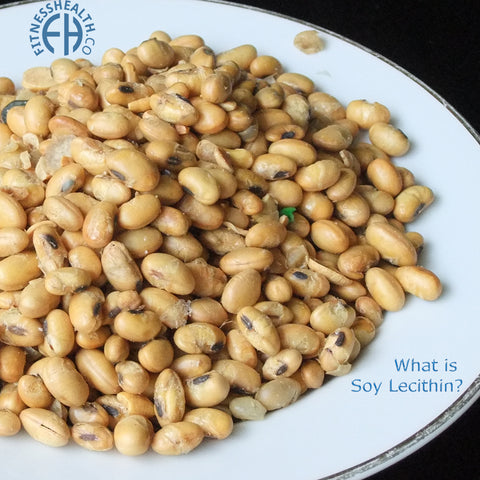
If reading nutrition labels and ingredient lists on produce is a hobby of yours, you have likely come across ‘soy lecithin’. It is a customary additive utilised in foodstuffs. It functions as a blending agent, preventing the separation of ingredients within a particular food. For instance, soy lecithin thwarts the expected separation of chocolate and cocoa butter in confectionery. The same principle applies to ice cream and peanut butter, where under normal circumstances the liquids and fats would detach. When utilised in food produce, soy lecithin exists in very slight quantities. It is frequently used to thin down sweets, and lessen the glueyness of food constituents. Additionally, it is able to extend the expiration date of produce, aid in the interweaving of food ingredients, shrink possible batter spatter while cooking, and enrich food consistency.
As can be seen, soy lecithin serves a myriad of practical and important functions. Although the product itself has largely been found to be non-toxic and safe for human consumption, there appears to be a divide when it comes to its safety. Those opposed to its use are concerned that, as a by-product of soybeans, it may contain poisonous pesticides and solvents (namely hexane). Secondly, due to the fact that many sources of soybeans used to make soy lecithin are genetically modified produce, arguments have been made that the effects on human biology are unpredictable, some claiming that it has detrimental effects on the reproductive system and allergies.
On the other hand, some people consume lecithin as a health supplement. This is primarily due to the fact that lecithin contains a rather large amount of choline, a compound that might possibly promote unimpaired brain growth. Moreover, it is conceivable that lecithin may also help prevent dementia, gallstones, and high cholesterol levels (among other things). It should be noted that its consumption as a supplement has potential side effects, mainly pertaining to dizziness and low blood pressure.
Beyond the realm of the food industry, soy lecithin has many other practical applications, such as a its use as a cheap source of protein in animal feed, involvement in the manufacturing of medications, paints, plastics, and are often used to soften skin in cosmetics.
As with all things in life, bold statements should be taken with a grain of salt, as the use of soy lecithin is so widespread that if its use causes as horrid side effects as some may say, then surely there would be an epidemic. This is not to say that it is free of side effects (as mentioned previously). Again, it is up to the individual to decide what to consume, but hopefully this article has provided some clarification to the ‘enigma’ that is soy lecithin.








